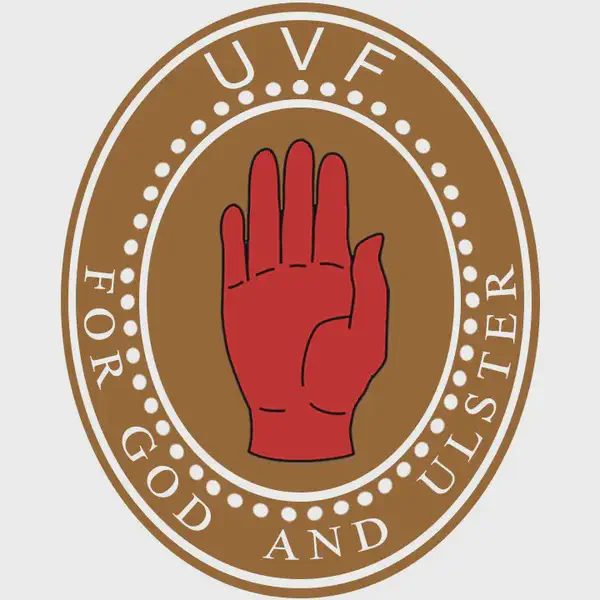
The Ulster Volunteer Force Is Founded by the Unionist Council
January 31, 1913
The Ulster Volunteer Force (UVF) was founded in 1913, playing a significant role in the political and military history of Ireland, particularly in the context of Irish Home Rule and the later Troubles in Northern Ireland.
Context of Formation
The formation of the UVF was primarily a response to the Home Rule Crisis in Ireland. In the early 20th century, the British government was moving towards granting Home Rule to Ireland, which would have given the Irish Parliament more control over domestic affairs. Many Unionists in Ulster (the northern province of Ireland) were vehemently opposed to this, fearing that Home Rule would lead to Catholic dominance and the erosion of their British identity.
Unionist Opposition
Unionists, particularly in the northern province of Ulster, were predominantly Protestant and wanted to maintain the union with Great Britain. The UVF was formed by the Ulster Unionist Council, a group representing these Unionist interests, as a paramilitary organization to resist the imposition of Home Rule.
Formation and Leadership
The UVF was organized and led by figures such as Sir Edward Carson and James Craig. It quickly grew in numbers, with tens of thousands of men enlisting. The UVF was structured along military lines and engaged in drills, parades, and weapons training.
Arming the UVF
One of the most notable events in the early history of the UVF was the Larne gun-running in April 1914. This was an operation to smuggle thousands of rifles and rounds of ammunition from Germany to arm the UVF, demonstrating the seriousness of their intent to resist Home Rule by force if necessary.
Impact of World War I
The outbreak of World War I in 1914 changed the immediate situation. Many members of the UVF enlisted en masse in the British Army, forming the 36th (Ulster) Division. Their participation in the war, particularly in the Battle of the Somme, is a significant part of Unionist and British military history.
Long-Term Impact
The UVF’s formation and activities significantly influenced the political landscape in Ireland. The resistance to Home Rule contributed to the eventual partition of Ireland in 1921, leading to the creation of Northern Ireland as a separate entity within the United Kingdom, with a predominantly Unionist and Protestant population.
Differentiation from Later Groups
It’s important to differentiate this original UVF from the later paramilitary group formed in 1966, which also adopted the name “Ulster Volunteer Force”. The latter UVF was a loyalist group active during the Troubles in Northern Ireland.
The foundation of the UVF in 1913 is a critical event in the history of Ireland and the United Kingdom, reflecting the deep divisions and political complexities of the era. It set the stage for many of the conflicts and political developments in Ireland throughout the 20th century.